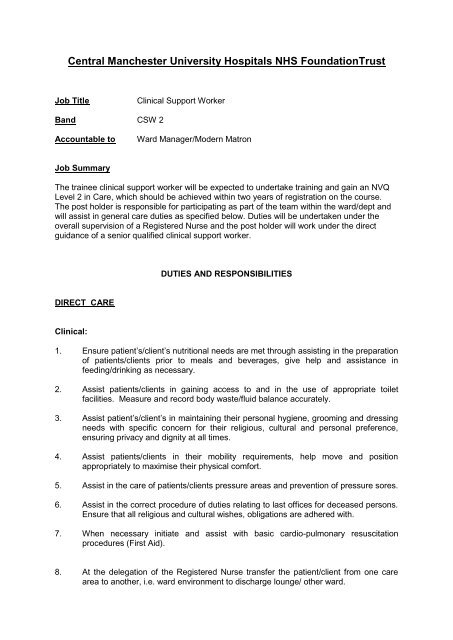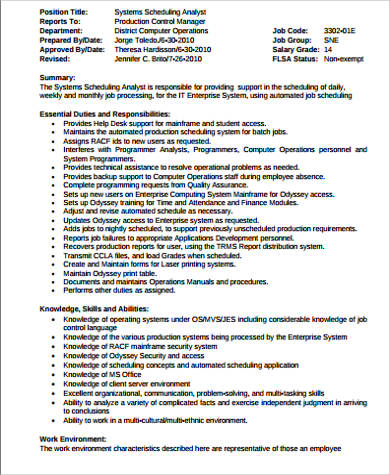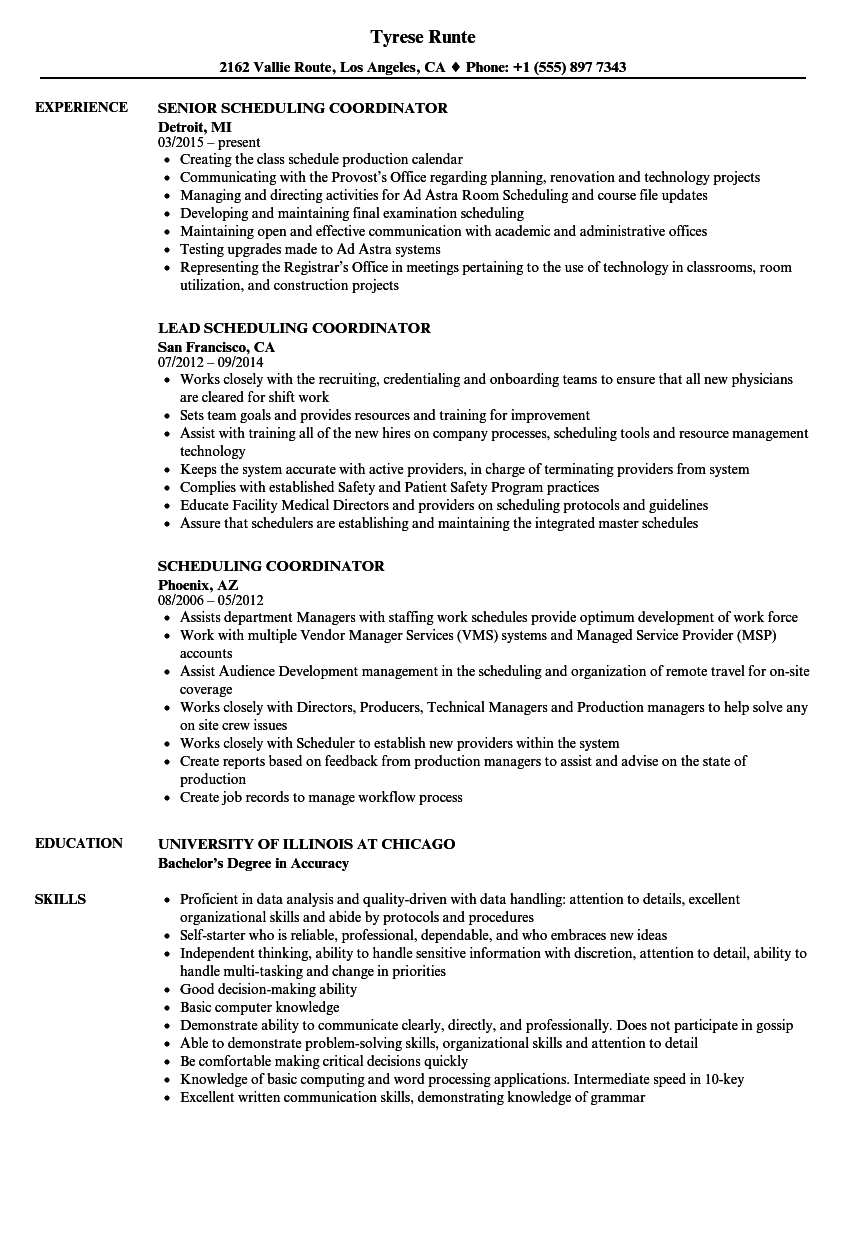

The Scheduler needs to understand this too, and should be reviewing the scheduling process with the Physicians at least annually and when a new Physician is recruited. Depending on the change, even the “core” rules may need to be reviewed. Physicians understand that as much as they would like assignments to be written in stone when there is a change in the number of Providers or scheduling patterns, the overall schedule will be affected.

Flexibility, Tolerance, and NegotiationĪ great Scheduler understands how the Group’s overall scheduling process works - whether in block times, templates or another system - and remains flexible after the on-call assignments are “turned out”. Getting along with everyone and knowing whom to call for a favor requires more than a “dial and pray” relationship. He needs to know the individual Providers, their preferences, and the Group’s scheduling rules extremely well. Since the Scheduler is also responsible for noticing potential scheduling issues and communicating them to administrators, he needs to stay on top of the situation. The on-call coverage is always changing a sort of “never-ending” job. Mess up the human-factor, and there goes the cooperation essential to get the job done. This is truly a position where the person must have a mature, balanced personality with a dose of can-do attitude.

They are also communicating internally with various managers, office staff, and leaders to ensure on-call and other coverage. Schedulers constantly communicate with Physicians, the Physician’s office staff, other clinics, and possibly the hospital Medical Staff Office or Emergency Department to coordinate the on-call schedule assignments. This includes being a good listener and “first seeking to understand” as Steven Covey would say. Regardless of the scheduling system a Group uses, here are some of the most important qualities in a physician scheduler and why are they important to the position: 1. We recognize and respect the need for Schedulers and the skills they must poses to survive in the position long-term. What qualities do these Schedulers have that cause Physicians to trust them with this vital part of their business? A good fit helps bring stability to a Group a bad fit can result not only in the loss of trust but the loss of a Group’s cold, hard cash in the form of Physicians walking out the door or EMTALA violation fines. Why the Ultimate Diplomat? Because, in the words of Daniele Vare, “Diplomacy is the art of letting someone have your way!”Ĭlinics and medical specialties depend on their schedulers to perform several important functions, including generating the on-call schedule for the Physicians, keeping it current and accurate.


 0 kommentar(er)
0 kommentar(er)
